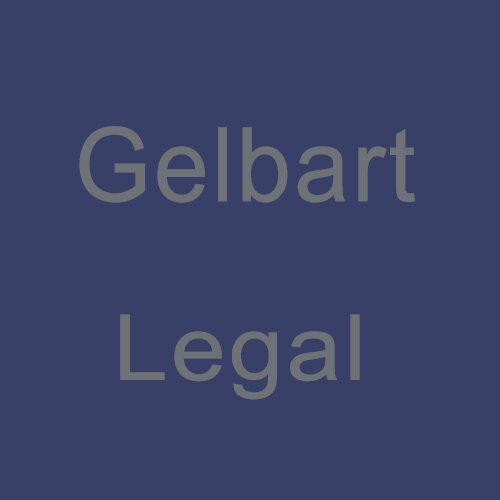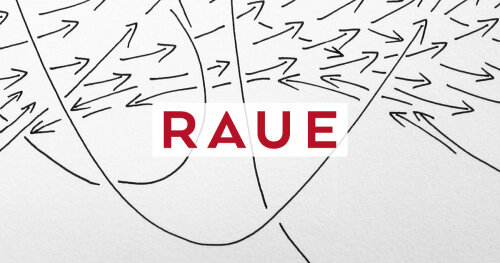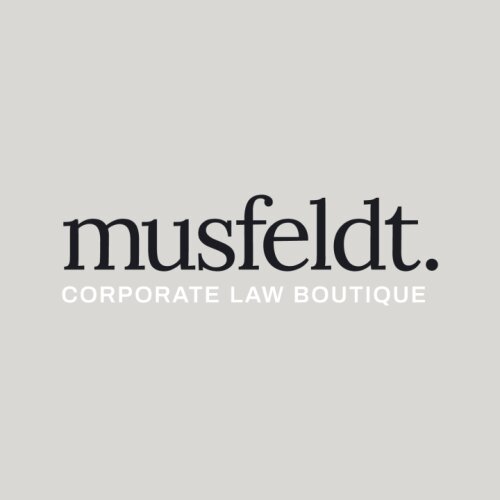Best FDA Law Lawyers in Berlin
Share your needs with us, get contacted by law firms.
Free. Takes 2 min.
List of the best lawyers in Berlin, Germany
About FDA Law in Berlin, Germany
In Berlin, Germany, what is commonly referred to as FDA Law in the United States corresponds primarily to pharmaceuticals and food law regulated by German and European authorities. The German Federal Institute for Drugs and Medical Devices (BfArM) and the Federal Office of Consumer Protection and Food Safety (BVL) are the principal regulators. These laws encompass the development, approval, manufacture, distribution, marketing, and monitoring of drugs, medical devices, food, dietary supplements, and cosmetics. The aim is to ensure product safety, efficacy, and consumer protection in Berlin and across Germany.
Why You May Need a Lawyer
Navigating the complex web of German and European regulations for pharmaceuticals, medical devices, food, and cosmetics can be challenging. Common situations where individuals and businesses may require legal help in FDA Law include:
- Registering and obtaining marketing authorization for new drugs or medical devices
- Ensuring labeling and advertising comply with German law
- Responding to inspections or investigations by regulatory authorities
- Challenging product seizures, recalls, or import bans
- Defending against allegations of regulatory non-compliance or product safety issues
- Advising on distribution, supply contracts, and cross-border compliance
- Compliance with clinical trial regulations
- Handling disputes over intellectual property or parallel imports
Local Laws Overview
FDA Law is governed in Berlin by both German national law and European regulations. Key legal instruments include:
- Medicinal Products Act (Arzneimittelgesetz - AMG) - Governs pharmaceutical drugs, including marketing authorization, clinical trials, and pharmacovigilance.
- Medical Devices Act (Medizinproduktegesetz - MPG) - Details requirements for medical devices, authorizations, and market monitoring (recently incorporated into EU MDR).
- Food and Feed Code (Lebensmittel- und Futtermittelgesetzbuch - LFGB) - Regulates food safety, labeling, and dietary supplements.
- EU Regulations - Such as the EU Medical Device Regulation (MDR) and In-vitro Diagnostic Regulation (IVDR), which apply directly to German law.
- Advertising Law - Strict rules exist on advertising medicines and health products to protect consumers.
In Berlin, local authorities also handle enforcement and work in partnership with national agencies to monitor compliance, carry out inspections, and impose sanctions when necessary.
Frequently Asked Questions
What authorities regulate drugs and medical devices in Berlin?
The Federal Institute for Drugs and Medical Devices (BfArM) and the Federal Office for Consumer Protection and Food Safety (BVL) are the main regulators, with oversight also from local Berlin health authorities.
Do EU regulations apply to Berlin and Germany?
Yes, EU regulations such as the Medical Device Regulation (MDR) and In-vitro Diagnostic Regulation (IVDR) apply directly in Berlin and Germany.
How are new pharmaceuticals and medical devices approved?
Usually, a marketing authorization application must be submitted to BfArM or via the European Medicines Agency (EMA). The product must meet strict safety, efficacy, and quality requirements before approval.
Can I sell a dietary supplement in Berlin without approval?
Dietary supplements must comply with food law under the LFGB. While they do not need pre-approval, they must be notified, be safe, correctly labeled, and free from unauthorized health claims.
What are the labeling requirements for medical products?
Products must display information in German, cover usage instructions, warnings, sources or manufacturers, batch numbers, and, for medical devices, CE marking when required.
Are there special rules for advertising medicines?
Yes, advertising of prescription medicines to the public is generally prohibited. All health product advertising must be truthful, non-misleading, and comply with the German Drug Advertising Act (Heilmittelwerbegesetz).
What happens in case of non-compliance?
Non-compliance can lead to warnings, fines, product recalls, confiscation, and even criminal prosecution depending on the severity of the violation.
Do clinical trials require authorization in Berlin?
Yes, nearly all clinical trials for medicines and medical devices require prior authorization by competent authorities and ethics committees, and must adhere to Good Clinical Practice standards.
Can I import non-EU health products into Berlin?
Imports must meet all German and EU requirements. Customs clearance may require evidence of compliance with regulatory standards, labeling, and safety documentation.
How do I challenge a regulatory decision?
You can appeal decisions by submitting objections to the relevant authority or seek judicial review in administrative courts with the assistance of legal counsel.
Additional Resources
- Federal Institute for Drugs and Medical Devices (BfArM): Main body for pharmaceuticals and medical devices regulation
- Federal Office of Consumer Protection and Food Safety (BVL): Responsible for food safety and notifications
- German Medicines Manufacturers' Association (BAH): Represents the interests of pharmaceutical companies
- Berlin Chamber of Commerce and Industry: Offers guidance for business compliance in Berlin
- European Medicines Agency (EMA): EU-wide approval and safety monitoring (relevant for cross-border operations)
- Health Department of Berlin: Local implementation and inspections
Next Steps
If you are facing regulatory questions or challenges related to pharmaceuticals, medical devices, food, or health product compliance in Berlin, it is advisable to consult with an experienced lawyer specializing in these areas. Collect relevant documents such as product specifications, previous correspondence with authorities, and internal policies before scheduling a consultation. A lawyer can offer tailored advice, represent you before authorities or courts, and help ensure your business operates in full compliance with current laws and regulations.
Consider reaching out to local legal associations or chambers of commerce for recommendations on qualified attorneys if you do not already have someone in mind. Being proactive and well-informed is crucial in this highly regulated sector.
Lawzana helps you find the best lawyers and law firms in Berlin through a curated and pre-screened list of qualified legal professionals. Our platform offers rankings and detailed profiles of attorneys and law firms, allowing you to compare based on practice areas, including FDA Law, experience, and client feedback.
Each profile includes a description of the firm's areas of practice, client reviews, team members and partners, year of establishment, spoken languages, office locations, contact information, social media presence, and any published articles or resources. Most firms on our platform speak English and are experienced in both local and international legal matters.
Get a quote from top-rated law firms in Berlin, Germany — quickly, securely, and without unnecessary hassle.
Disclaimer:
The information provided on this page is for general informational purposes only and does not constitute legal advice. While we strive to ensure the accuracy and relevance of the content, legal information may change over time, and interpretations of the law can vary. You should always consult with a qualified legal professional for advice specific to your situation.
We disclaim all liability for actions taken or not taken based on the content of this page. If you believe any information is incorrect or outdated, please contact us, and we will review and update it where appropriate.















